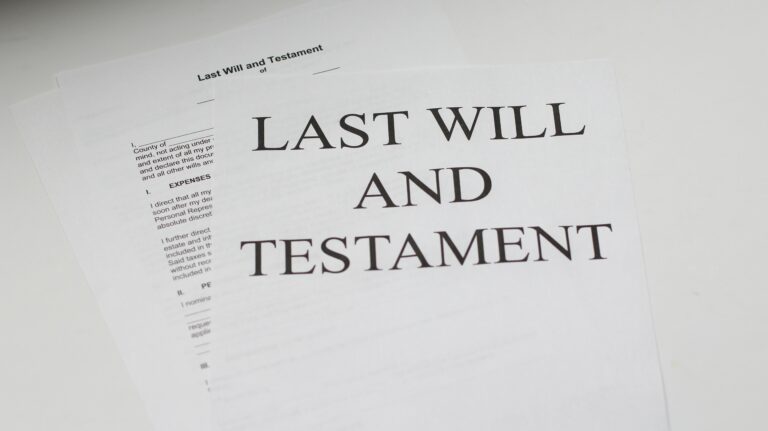
Top 10 Estate Planning Myths
Estate planning addresses many issues, from who inherits your property or handles your finances to who takes care of you if you’re incapacitated to who manages funds for a disabled child. Unfortunately, there are many myths around estate planning, as explained in the recent article “Debunking the Top 10 estate planning myths” from Insurance News Net.
Only wealthy people need estate planning. This is easily the biggest myth of estate planning. Estate planning addresses planning for incapacity and taking care of your legal and financial affairs if you can’t. It also includes planning for end-of-life care and delineating what medical procedures you want and don’t want. Estate planning also creates a plan for families with minor children, if something should happen to parents.
Having a will means avoiding probate. Probate is the court process where the court reviews your will, establishes its validity and allows your executor to administer the estate. If your goal is minimizing or avoiding probate, talk with an estate planning attorney about retitling assets and creating trusts.
You need a trust to avoid probate. A trust is only one way to avoid probate. You could consider titling assets as joint tenants with rights of survivorship, although there are risks involved in doing so. Depending on your state of residence, you might also consider various transfer-on-death arrangements. Assets with beneficiary designations, like IRAs, 401(k)s, annuities, and other financial accounts, pass directly to beneficiaries. You might also give away assets while you are living.
Putting a house in joint and survivorship ownership with an adult child will avoid probate. You may avoid probate. However, you create tremendous risk with this move. If your adult child becomes a half-owner, you’ll need their okay—and their spouse’s approval, too—to sell the house. You won’t qualify for the tax-free sale of your personal residence on half of the sale proceeds, unless your child also qualifies. If your child has financial problems or undergoes a divorce, their half ownership could be attached by creditors or be owned by an ex-spouse.
My will says who will inherit my IRA. The beneficiary designation on IRAs, life insurance and retirement accounts, and any account with a beneficiary designation overrides whatever your will says. The will does not control annuities, payable on death accounts, or transfer on death accounts and affidavits. You should check these forms periodically to ensure that the funds go where you want them to go.
I don’t need a will if my beneficiary forms are correct. However, you still need a will. For example, if a child dies before you, what happens to the assets if they were the beneficiaries? What happens to assets if a beneficiary is not of legal age and cannot inherit the money directly? Who makes decisions if there are multiple children and real estate decisions that need to be made? What if an adult child has a debt problem? Who will pay your final expenses? These are just a few issues that are addressed by wills.
A revocable trust will protect assets if I enter a nursing home. Totally wrong. Medicaid planning usually involves an Irrevocable Trust to protect assets. Revocable trusts will not make you eligible for nursing home care.
Trusts avoid probate. Assets in a trust don’t go through probate. However, it is only if the trust is funded. Assets must be immediately placed in the trust, usually through re-titling, or postmortem through beneficiary designations. Otherwise, the assets go through probate.
If my will says, “per stirpes,” my grandchildren will inherit assets if my adult children die first. This oversimplification of a complex issue is typical of estate planning myths. Grandchildren only inherit assets if the adult children die before the grandparent. If you want your grandchildren to inherit assets, you need a “bloodline” trust. An estate planning attorney will help you accomplish this.
I only need a will and a trust for my estate plan. This is another big mistake. An estate plan includes documents for incapacity and end-of-life, including Power of Attorney, Health Care Power of Attorney, Advanced Directives and a Living Will Declaration.
Reference: Insurance News Net (March 15, 2023) “Debunking the Top 10 estate planning myths”









